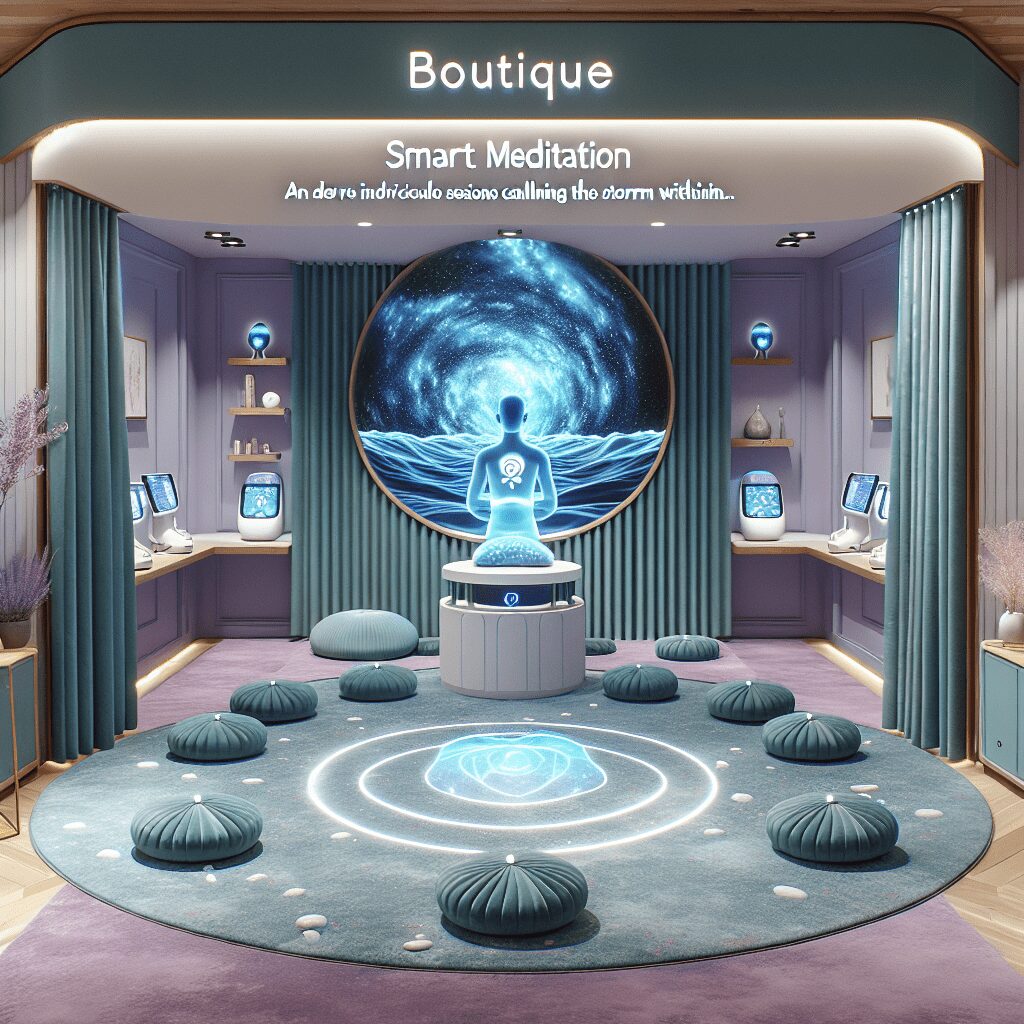
Prioritize your mental well-being daily. Enhance your life by nurturing your mental health with the Smart Meditation app. Break free from stress, alleviate anxiety, and enhance your sleep quality starting today.
Can Antidepressants Help With Anger?
The Unexpected Allies: Antidepressants in the Battle Against Anger
In the quest to mitigate the storms of anger that can disrupt lives, many have turned their gaze toward an unlikely ally: antidepressants. These pharmaceutical agents, typically deployed in the trenches against depression and anxiety, are now being reconnoitred for their effectiveness in tempering the flames of anger. Let’s dive into how these medications might just be the secret weapon some people are searching for.
Antidepressants: More Than Just Mood Lifters?
Antidepressants, like the well-known SSRIs (Selective Serotonin Reuptake Inhibitors) and SNRIs (Serotonin and Norepinephrine Reuptake Inhibitors), have long been on the frontline of treating major depressive disorders. However, their benefits might just cross the borders into the realm of anger management. Here’s the scoop:
-
SSRIs and Serotonin: These meds increase the level of serotonin in the brain, a neurotransmitter tied to mood, happiness, and well-being. Low serotonin levels have been linked not just to depression but to aggression and anger as well. So, by boosting serotonin, SSRIs may help keep the lid on anger’s pot before it boils over.
-
SNRIs and the Dual Action: Alongside serotonin, SNRIs ramp up the levels of norepinephrine, another neurotransmitter related to stress and arousal. By managing these levels, SNRIs can potentially cool down the heated moments of anger, providing a more stable emotional footing.
-
Off-Label Use: While primarily prescribed for depression and anxiety, doctors sometimes prescribe antidepressants “off-label” for anger issues. This means they’ve seen potential benefits in their practice, even if the meds aren’t specifically approved for anger by regulatory bodies.
-
The Bipolar Connection: For those with bipolar disorder, where mood swings can include significant irritability and anger, certain antidepressants might be part of a broader treatment plan to stabilize mood fluctuations.
-
Anger as a Symptom: In cases where anger is a symptom of depression, antidepressants can strike at the root cause, eliminating the symptom in the process.
Navigating the Path with Caution
While the promise of antidepressants in managing anger is compelling, it’s not a one-size-fits-all solution. Here are a few considerations to keep in mind:
-
Consult a Doctor: Before you hop on the antidepressant bandwagon, a thorough evaluation by a healthcare professional is a must. They’ll determine whether your anger issues are tied to depression, another mental health disorder, or are standalone.
-
Side Effects Are Part of the Package: Antidepressants come with their bag of potential side effects, ranging from mild (nausea, dry mouth) to more severe (increased anxiety, weight gain). It’s a balancing act between benefits and drawbacks.
-
Patience is Key: These meds don’t work overnight. It may take several weeks to notice any shift in anger levels, and finding the right medication and dosage is often a trial-and-error process.
-
Not a Silver Bullet: Antidepressants may help turn down the volume on anger, but they’re most effective when used in conjunction with other strategies like therapy, lifestyle changes, and stress management techniques.
Wrapping It Up: A New Horizon in Anger Management
So, can antidepressants help with anger? The answer lives in the land of ‘likely yes’ but with nuances and caveats. They offer a glimmer of hope for those whose anger eclipses their happiness, yet they aren’t standalone heroes. They work best as part of a broader, holistic approach to well-being. If you’re wrestling with an inner tempest of anger, consult with your healthcare provider to explore whether antidepressants could be a piece of your peace puzzle.




